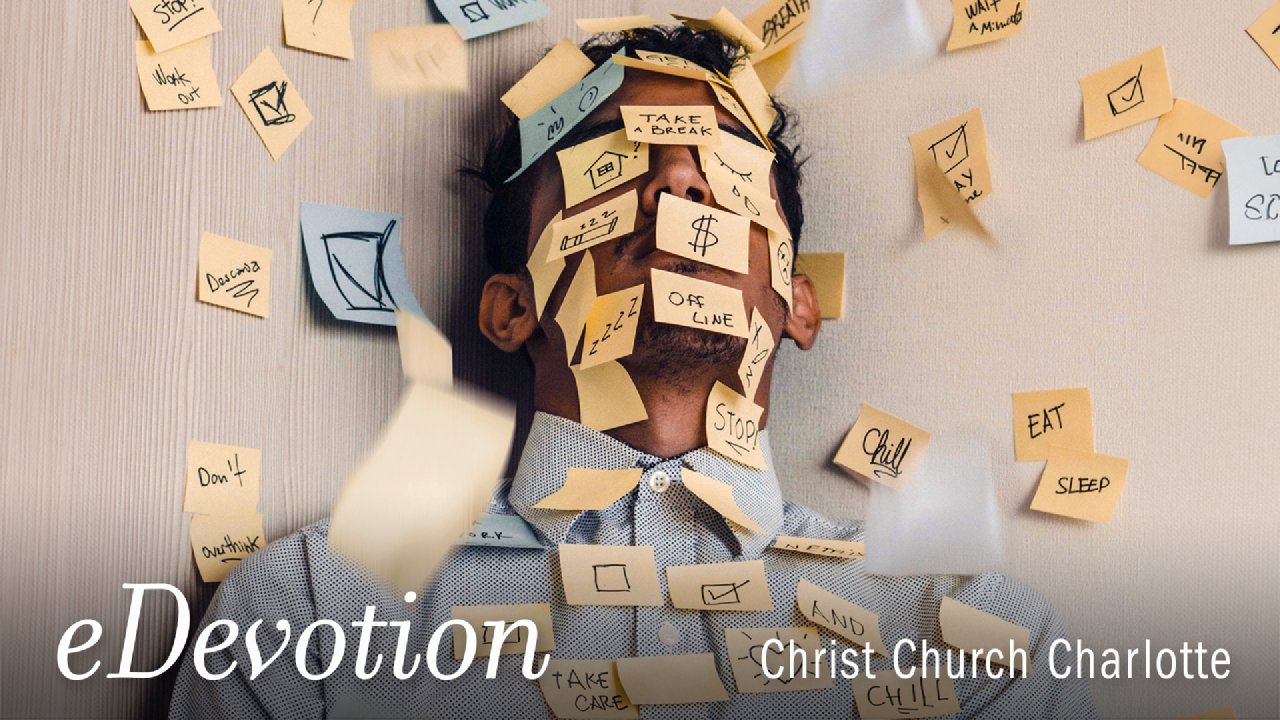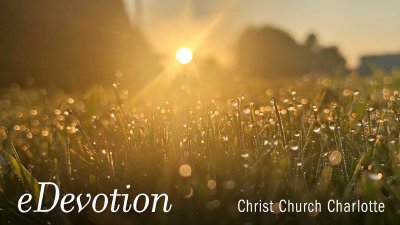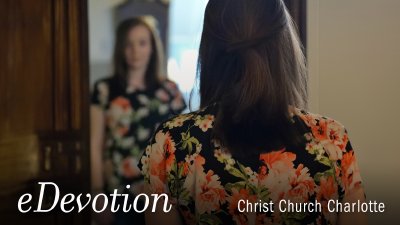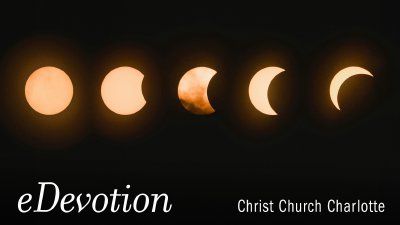When I was in college, I worked at the Etowah Skate and Tennis Center in Rome, Georgia. “Skate and tennis?” you might ask. How on earth did those two things go together? How did teenagers on skateboards coexist with adults of all ages playing tennis? It was just as chaotic as it sounds.
A favorite story happened when a 14-year-old skateboarder went to grab an errant tennis ball. He had every intention of throwing it back over the fence, but only after asking the 50-year-old judge’s wife for a cigarette. Contradictions abounded. Conflicts ensued. My goal was simply to keep tensions from boiling over.
This is the time of year when many of us are trying to identify and eliminate conflicts in our lives. I need to get healthy – start an exercise routine. We need to manage our money better – let’s work out a new family budget. We fail at a great many of those attempts, not because they are too difficult: we see people accomplishing them all the time. We ourselves accomplish difficult things all the time. We fail at a great many of those attempts because we prioritize something else, because there is some secret value we hold more dear. And that doesn’t always have to be something evil. I may proclaim a well-worn desire to be physically healthy, but really I value leisure and rest and quiet.
Our values are in conflict. Sometimes those really are conflicts between good and evil, but often they are conflicts between fine and good, between good and better, or between two perfectly reasonable alternatives. You might sit down to read the Bible, only to wake up from an accidental nap 43 minutes later. Thanks Be to God!
This time of year (or perhaps all year long), wisdom might consist of realizing that we will never eliminate those conflicts. It’s not that we are making bad choices or that we aren’t working hard enough – it’s that life is not a problem to be solved. We really do have more than we can handle.
But then, so did Jesus.
I recently read a poetic essay by local Charlotte musician Andy Squyres. He asked us to imagine Jesus carrying his cross to Calvary. Can you imagine Christ on the Via Dolorosa, feeling all the despair and pain of betrayal and then looking up and seeing one of his disciples holding up a Hobby Lobby sign that says “God will never give you more than you can handle?”
God gives us all more than we can handle. If you don’t have a handle on your life, it may not be a matter of failure, it’s likely a matter of being alive. And Thanks Be to God for that! What God gives us is not simple idioms or easy answers, but endless grace. God gives us more grace than we can handle, enough grace for our broken lives and for all the inner turmoil and all the conflicts we can’t resolve with a new routine or a better budget for our money or our time.
You will never eliminate every conflict in your life – no matter how hard you try. You will also never eliminate the grace of God from your life – no matter how many times you try to save yourself, give up on yourself, or serve only yourself.
We may run out of steam on our resolutions. We may run out of energy. We may run out of time. We may run out of life – the cross proves that even God can die. What will never run out is the grace of God. And Thanks Be to God for that!






